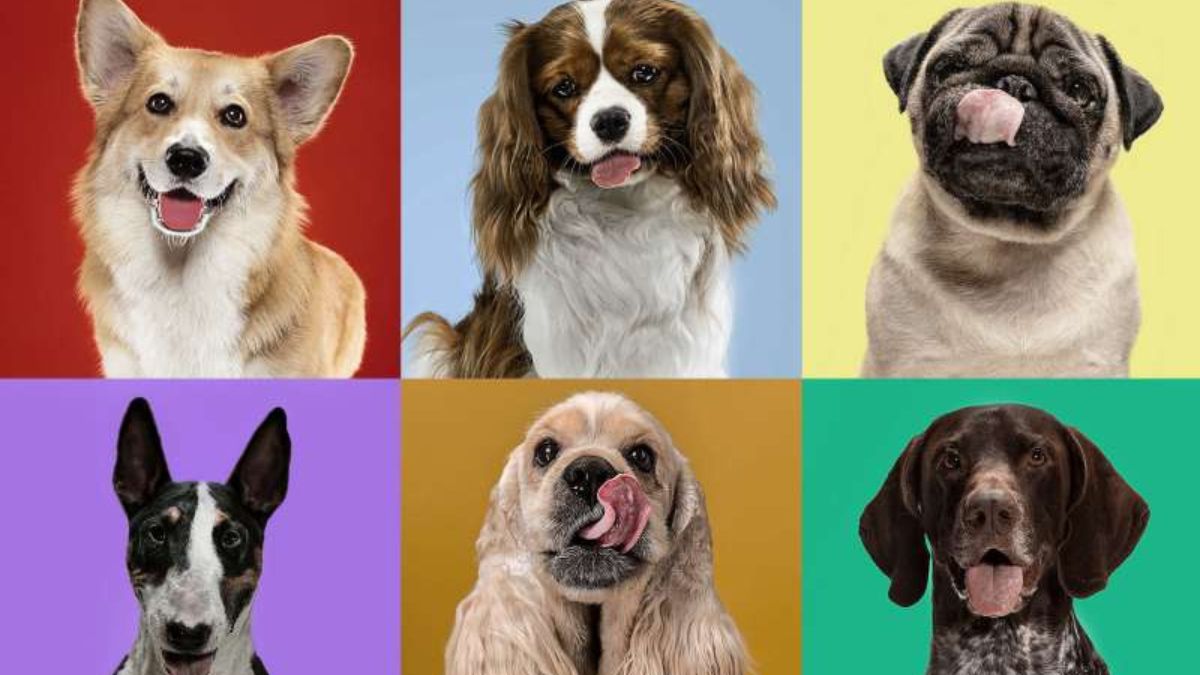Dental care is an essential aspect of your dog’s overall health and well-being, yet it’s often overlooked by many pet owners. Proper oral hygiene is crucial for preventing dental problems such as periodontal disease, tooth decay, and bad breath. Here are some tips for maintaining healthy teeth and gums in your canine companion.
- Regular Brushing: Brush your dog’s teeth regularly to remove plaque and tartar buildup, which can lead to dental disease. Use a soft-bristled toothbrush and canine-specific toothpaste to gently clean your dog’s teeth and gums. Aim to brush your dog’s teeth at least two to three times a week, if not daily.
- Dental Chews and Toys: Provide dental chews and toys designed to promote oral health by reducing plaque and tartar buildup. Look for products with textures that help scrub the teeth and massage the gums while your dog chews. Dental treats formulated to support oral hygiene are also available and can be given as part of your dog’s daily dental care routine.
- Healthy Diet: Feed your dog a balanced diet consisting of high-quality, nutritionally complete dog food. Avoid feeding table scraps or high-sugar foods, as these can contribute to dental problems. Some dental-specific dog foods are formulated to help reduce plaque and tartar buildup and promote oral health.
- Regular Veterinary Exams: Schedule regular dental exams with your veterinarian to monitor your dog’s oral health and detect any dental issues early. Your veterinarian may recommend professional dental cleanings under anesthesia to remove plaque and tartar buildup and address any underlying dental problems.
- Monitor Dental Health: Keep an eye out for signs of dental problems such as bad breath, swollen or bleeding gums, discolored teeth, excessive drooling, or reluctance to eat. If you notice any abnormalities or changes in your dog’s oral health, consult with your veterinarian promptly for evaluation and treatment.
- Professional Dental Cleanings: Consider scheduling professional dental cleanings for your dog as recommended by your veterinarian. Professional cleanings involve scaling the teeth to remove plaque and tartar buildup, polishing the teeth to smooth the enamel, and addressing any dental issues such as tooth decay or gum disease.
- Dental Rinses and Sprays: Use dental rinses or sprays specifically formulated for dogs to help reduce plaque and freshen breath. These products can be added to your dog’s water bowl or sprayed directly onto their teeth and gums to promote oral hygiene.
- Start Early: Start your dog’s dental care routine early in life to establish good habits and prevent dental problems before they start. Introduce your dog to tooth brushing and dental care products gradually and make it a positive experience with plenty of praise and rewards.
- Be Patient and Consistent: Be patient and consistent with your dog’s dental care routine, as it may take time for them to become accustomed to tooth brushing and other oral hygiene practices. With patience and persistence, you can help your dog maintain healthy teeth and gums throughout their life.
- Educate Yourself: Take the time to educate yourself about proper dental care for dogs and the importance of oral hygiene. Ask your veterinarian for guidance and resources on maintaining your dog’s dental health and preventing dental problems.
By following these tips and prioritizing your dog’s dental care, you can help prevent dental problems and ensure they enjoy a lifetime of healthy teeth and gums.


